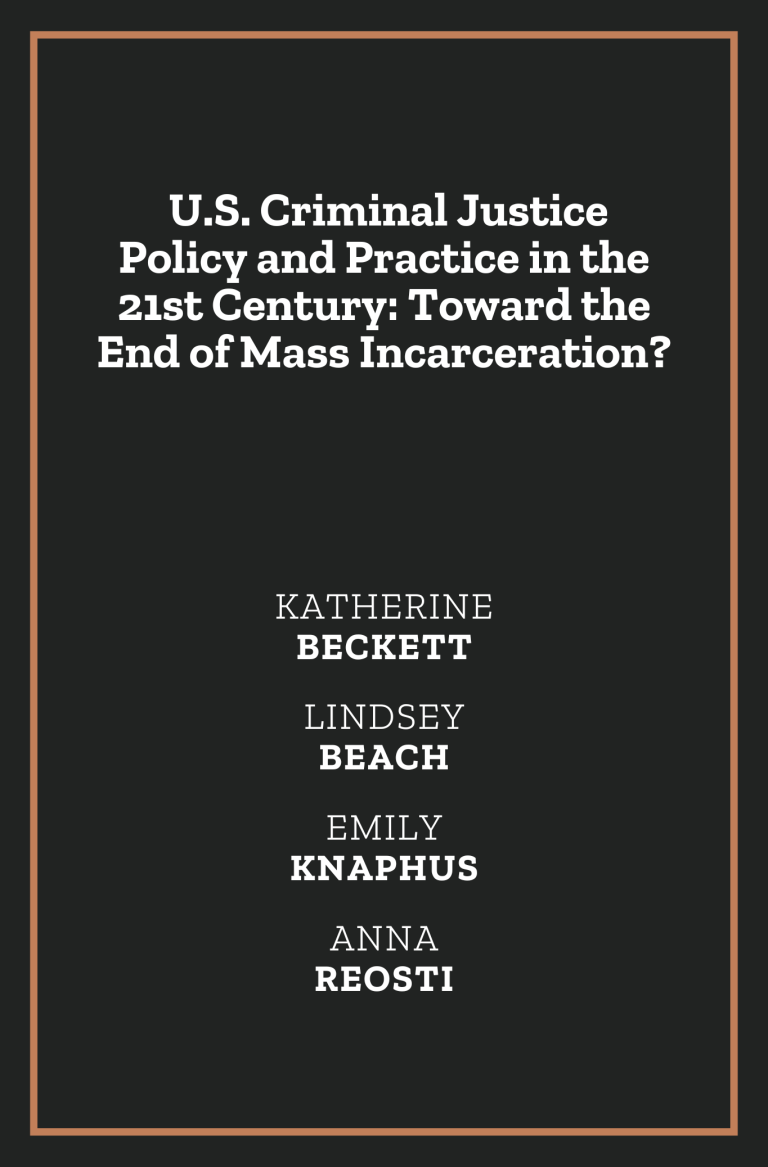From the University of Denver Journal of Law and Policy:
Although the wisdom of mass incarceration is now widely questioned, incarceration rates have fallen far less than what would be predicted on the basis of crime trends. Informed by institutional studies of path dependence, sociolegal scholarship on legal discretion, and research suggesting that “late mass incarceration” is characterized by a moderated response to nonviolent crime but even stronger penalties for violent offenses, this article analyzes recent sentencing-related reforms and case processing outcomes. Although the legislative findings reveal widespread willingness to moderate penalties for nonviolent crimes, the results also reveal a notably heightened system response to both violent and nonviolent crimes at the level of case processing. These findings help explain why the decline in incarceration rates has been notably smaller than the drop in crime rates and are consistent with the literature on path dependence, which emphasizes that massive institutional developments enhance the capacity and motivation of institutional actors to preserve jobs, resources, and authorities. The findings also underscore the importance of analyzing on-the-ground case processing outcomes as well as formal law when assessing the state and fate of complex institutional developments such as mass incarceration.

